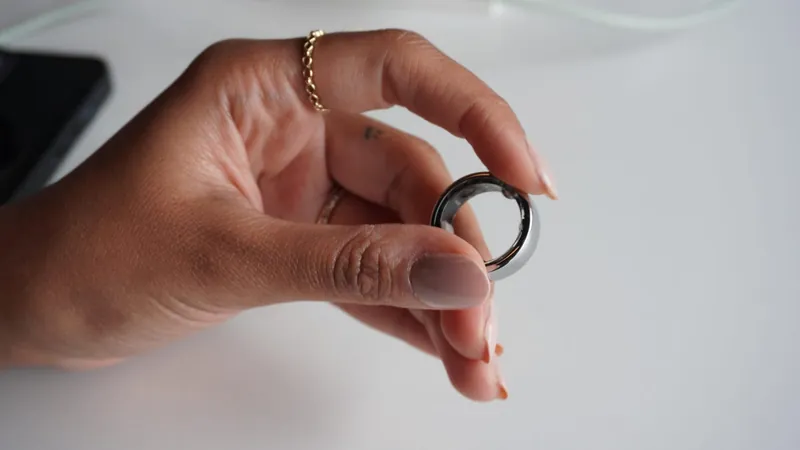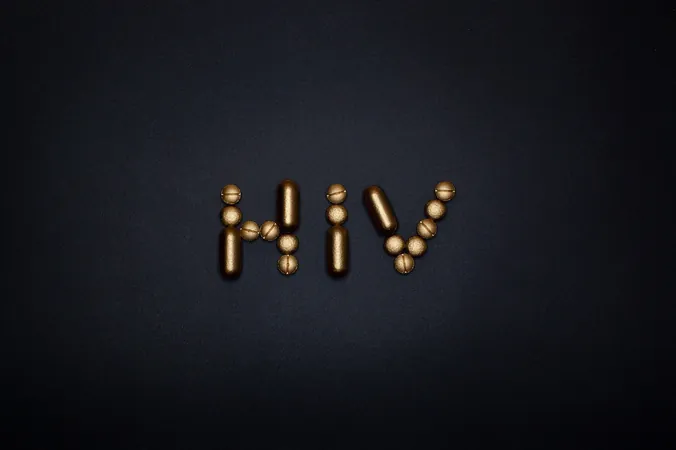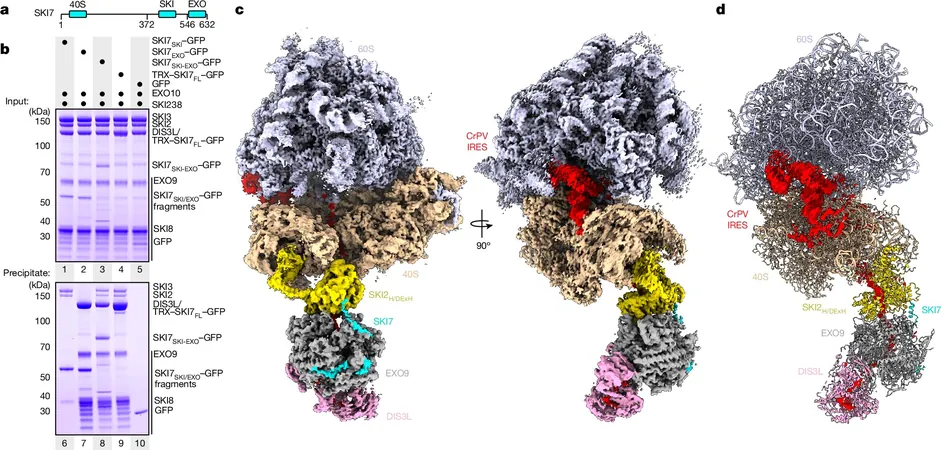
Oura Ring Outshines Apple Watch and Fitbit in Groundbreaking Sleep Tracking Accuracy Study
2024-10-10
Author: Mei
Introduction
In an era where the accuracy of consumer wearable technology often raises questions, a compelling new study has emerged, definitively ranking the Oura Ring Gen 3 as the leading device for sleep tracking accuracy. Published in the peer-reviewed journal *Sensors*, this study offers critical insights into the performance of popular wearable tech, specifically against the gold standard of sleep monitoring—polysomnography (PSG).
Study Overview
Conducted by researchers at Brigham and Women's Hospital, the study involved 35 healthy participants who wore the Oura Ring Gen 3 alongside an Apple Watch Series 8 and a Fitbit Sense 2 while being monitored with PSG overnight. The results were striking: the Oura Ring demonstrated a remarkable accuracy advantage over the competition, surpassing the Apple Watch by 5% and the Fitbit by an impressive 10%.
Expert Insights
Dr. Rebecca Robbins, the study's lead author and a medical advisor for Oura, reaffirmed that the Oura Ring's performance was on par with PSG for all key sleep stages, including wakefulness, light sleep, deep sleep, and REM sleep. In contrast, the Apple Watch consistently overestimated light sleep by an average of 45 minutes and deep sleep by around 43 minutes, painting a less accurate picture of users' actual sleep quality.
Technological Superiority
The Oura Ring's sophisticated sleep-staging algorithm utilizes machine learning techniques backed by one of the largest datasets on wearable sleep data, achieving a commendable 79% agreement with PSG in categorizing four stages of sleep. According to Raphael Vallat, a sleep scientist and lead machine learning scientist at Oura, “The Oura Ring can more reliably estimate the amount of time spent in each of the different sleep stages,” underscoring its technological superiority.
Implications for Health Monitoring
This latest finding is significant not just for Oura but for the broader smart ring market, as the accuracy of sleep tracking has profound implications for user health insights. With wearable technology now allowing individuals to monitor their health—such as heart rate, body temperature, and blood oxygen levels—users can gather valuable data on their sleep and activity patterns, potentially leading to improved health outcomes.
Future of Wearable Technology
While polysomnography continues to be recognized as the gold standard for sleep assessment, Dr. Robbins emphasizes that wearable technology is on the path to delivering continuous, less intrusive, and more natural sleep measurement solutions—making them more scalable for the future of personal health monitoring.
Conclusion
As wearable technology evolves, this showdown among devices reveals the ongoing quest for accuracy in sleep tracking—a critical aspect of health that influences everything from mental well-being to physical performance. With the Oura Ring leading the charge, the smart ring market may soon witness a transformation, making it an exciting time for both consumers and manufacturers alike.





 Brasil (PT)
Brasil (PT)
 Canada (EN)
Canada (EN)
 Chile (ES)
Chile (ES)
 España (ES)
España (ES)
 France (FR)
France (FR)
 Hong Kong (EN)
Hong Kong (EN)
 Italia (IT)
Italia (IT)
 日本 (JA)
日本 (JA)
 Magyarország (HU)
Magyarország (HU)
 Norge (NO)
Norge (NO)
 Polska (PL)
Polska (PL)
 Schweiz (DE)
Schweiz (DE)
 Singapore (EN)
Singapore (EN)
 Sverige (SV)
Sverige (SV)
 Suomi (FI)
Suomi (FI)
 Türkiye (TR)
Türkiye (TR)